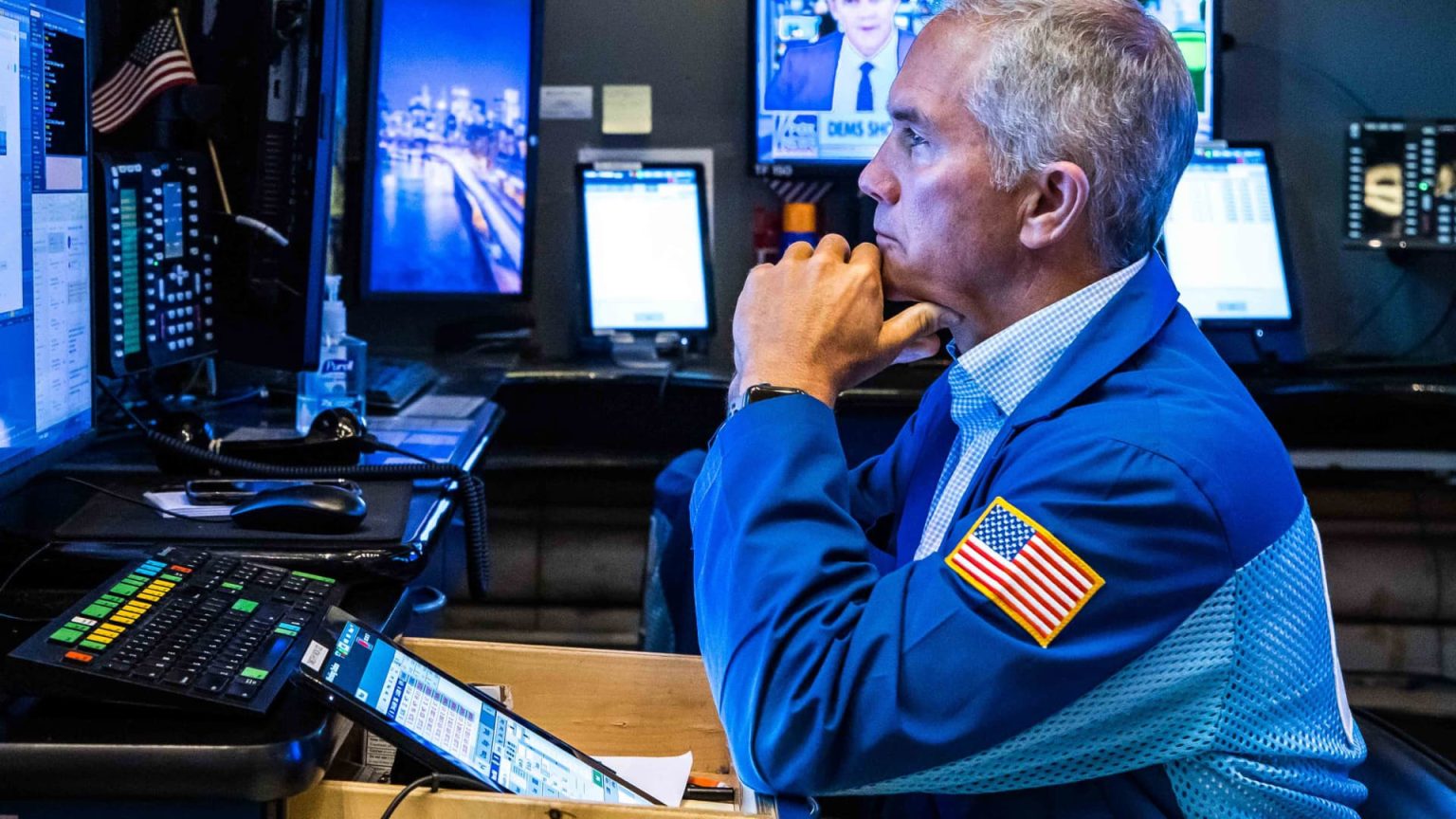Stock futures took a hit as conflict escalated between Israel and Iran, with reports of explosions near an airport in Iran’s Isfahan city. Oil prices surged by over 3% in Asian trading, with Brent crude futures surpassing $90 a barrel. Futures for the Dow Jones Industrial Average dropped 430 points, S&P 500 futures fell by almost 1.34%, and Nasdaq 100 futures were down 1.62%. Netflix shares also decreased by more than 4% in after-hours trading, despite reporting strong quarterly earnings.
The S&P 500 is set for its worst week in nearly six months, having fallen for five consecutive sessions and posting week-to-date losses of 2.2%. This marks the benchmark’s third consecutive negative week and the largest losing week since late October. Concerns about a delayed rate cut by the Federal Reserve have been driving the market pullback, with economists now projecting a cut in September or potentially no cuts at all this year. Neel Kashkari, President of the Minneapolis Fed, noted that the Fed may not lower rates until 2025.
Investors are particularly concerned about the resurgence of inflation, hindering expectations of rate cuts in 2024. Michael Landsberg, Chief Investment Officer at Landsberg Bennett Private Wealth Management, highlighted that inflation is a major worry for the stock market. The Dow and Nasdaq Composite are both experiencing losses this week, with the Nasdaq headed for its longest losing streak since December 2022. Companies reporting quarterly results on Friday include Procter & Gamble, SLB, and American Express.
Despite strong quarterly earnings reported by Netflix, stocks tumbled as geopolitical tensions between Israel and Iran escalated. Oil prices surged in Asian trading, with Brent crude futures exceeding $90 a barrel. Futures for major indices like the Dow Jones, S&P 500, and Nasdaq all saw declines, mirroring the broader market’s negative sentiment. The S&P 500 is on track for its worst week in almost six months, with concerns about delayed rate cuts by the Federal Reserve contributing to the market pullback.
Investor fears around inflation and uncertain rate cut timelines have been driving market volatility, leading to consecutive losses in major indices. Minneapolis Fed President Neel Kashkari stated that a rate cut may not occur until 2025, emphasizing the need for patience from the central bank. Companies like Procter & Gamble, SLB, and American Express are expected to release their quarterly results, adding to market uncertainty. The ongoing conflict between Israel and Iran has further exacerbated geopolitical tensions, contributing to the overall negative outlook in the global stock market. Despite this, some analysts remain cautiously optimistic about long-term growth prospects for investors.













